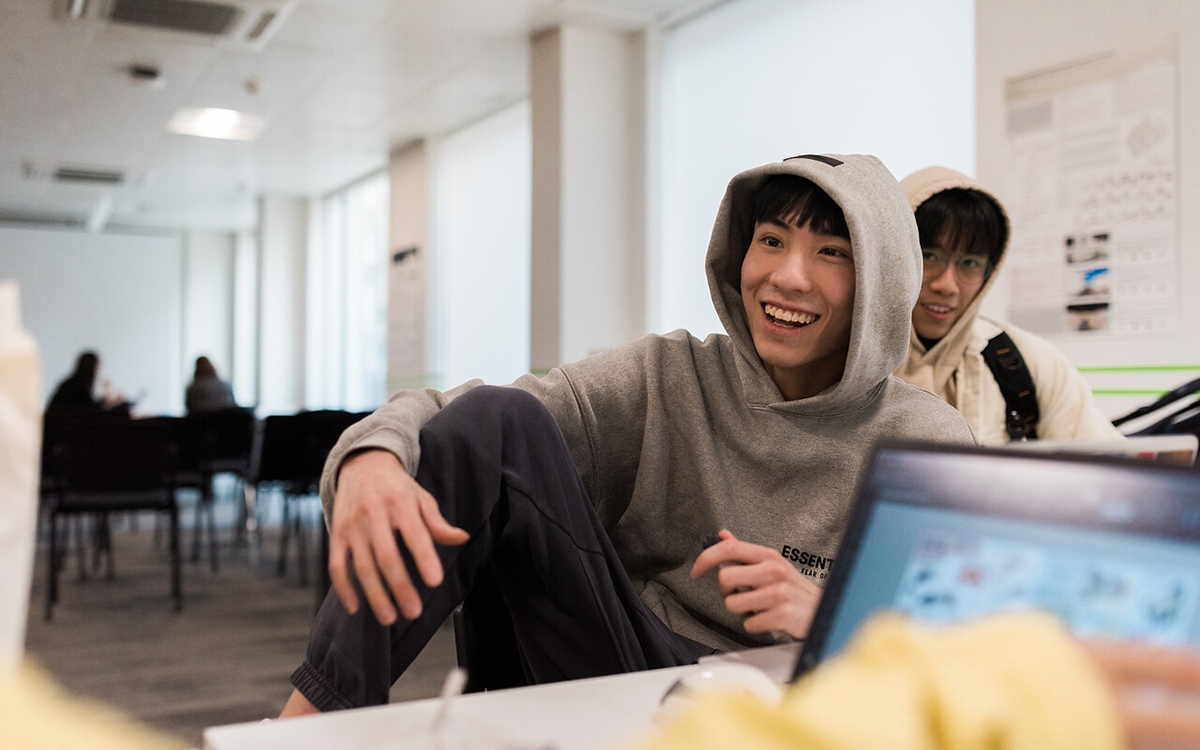How to maintain Academic Integrity as a Bartlett student

Here at The Bartlett, we take pride in the fact that our students and staff live up to research and academic standards. Academic Integrity is a core aspect of university study and academic life. Staff and students combine to form a community and culture of learning with the core values of honesty, trust, fairness, respect, and responsibility. These values form the foundations for UCL and The Bartlett’s approach.
Academic Integrity is being honest in your academic work and making sure that you formally recognise and reference the existing knowledge and ideas on which your work is based. This means that you do not claim ideas from academics, authors, or other sources as your own. When you follow the rules for Academic Integrity you are upholding fairness between yourself and your fellow students.
Academic integrity
To help you maintain Academic Integrity, it is important to develop good academic practice skills. Some forms of good academic practise are where credit is given to others when required and ensuring that all work is your own, this can be most clearly shown through proper and accurate citations and referencing.
UCL Library Services explain in their guide how students should reference, cite, and avoid plagiarism.
The opposite of Academic Integrity is academic misconduct. Examples of academic misconduct are:
- Plagiarism and self-plagiarism*
- Unauthorised use of materials in assessments
- Copying from someone else or them from you
- Falsification
- Collusion
- Examination room misconduct or online assessment misconduct
- File sharing
- Use of essay mills or other contract cheating services
It is vitally important for you to maintain Academic Integrity and avoid academic misconduct in your work. The consequences of academic misconduct can be severe. If academic misconduct is suspected in your work, you may be invited to attend an Academic Misconduct Panel so that an independent panel can decide whether academic misconduct has occurred. If it is found there has been academic misconduct, the consequence may be a mark reduction, a mark of zero, a failure of the module, or an expulsion with or without the opportunity to receive an award.
The Bartlett is required to inform any relevant external accrediting bodies of academic misconduct, which may make you subject to fitness to practise procedures, if these are relevant to your field. Don’t jeopardise your future career.
Referencing and citation
We do understand that it can be difficult to adjust to a new academic environment and learn the rules of referencing, citations, and such. If some academic work displays poor referencing and mistakes in citation conventions, UCL and The Bartlett may (in a first instance) view these errors more leniently and not as academic misconduct but as poor academic practice. You may be given a chance to discuss your work and present the piece of work again with the relevant corrections.
If in doubt, double-check your work before submitting and refer to referencing and citation guidelines. If you want further guidance, consider arranging a tutorial with the academic that set the work or your personal tutor to discuss what is good academic practice.
*Self-plagiarism is still a form of plagiarism and is penalised by UCL. This is when there is a reproduction or resubmission of work, in part or in full, which has already been submitted for assessment to UCL or any other institution.
About the author
Hermione Crisp is the Assistant Teaching and Learning Officer at The Bartlett, Faculty of the Built Environment.
 Close
Close


